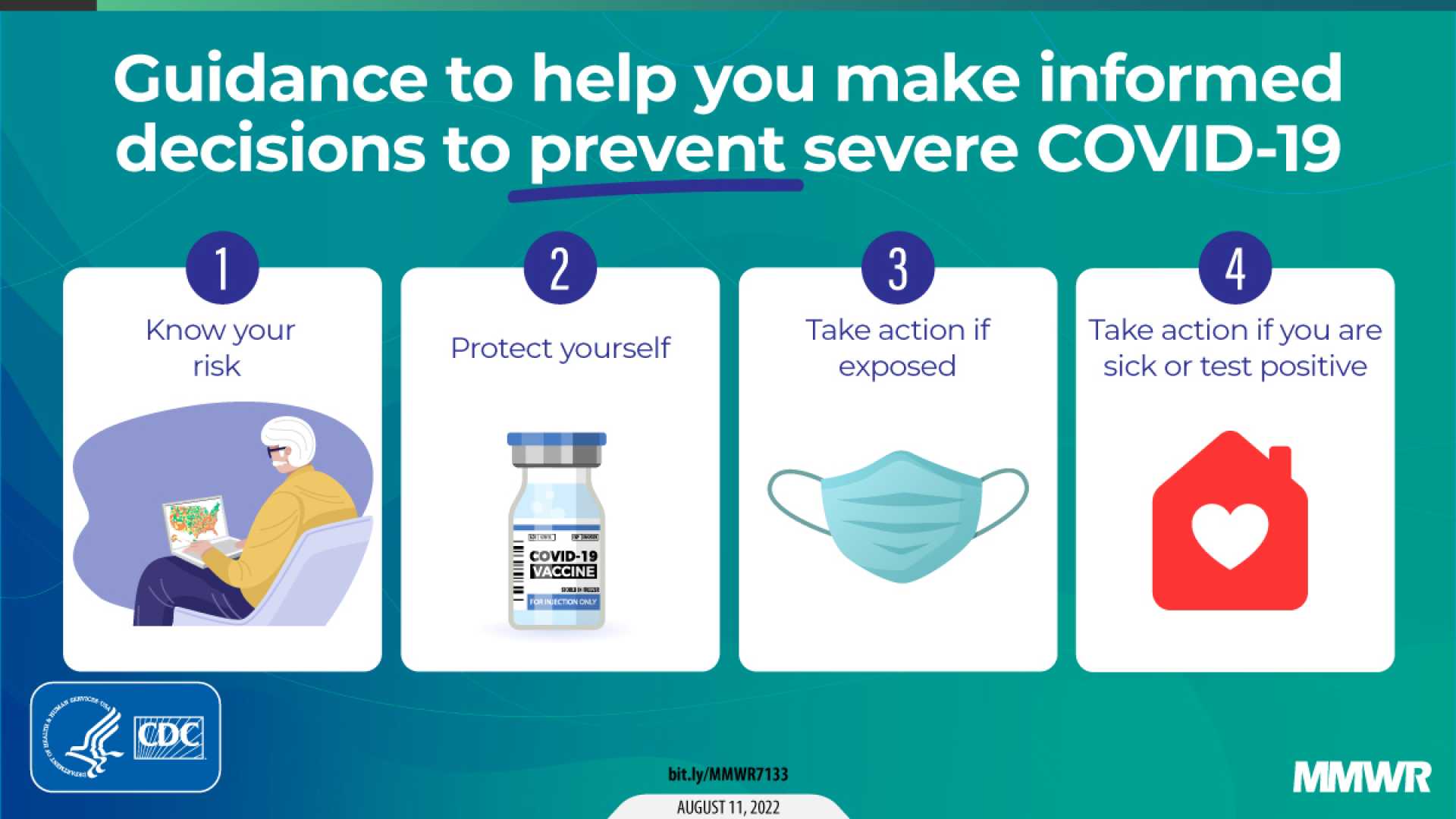Health
COVID-19 Cases Rise as New Vaccine Restrictions Spark Concerns

Washington, D.C. — COVID-19 cases are rising in the United States as children return to school and officials plan to impose new restrictions on booster shots. While the current surge is not increasing as rapidly as previous outbreaks, health experts caution that it is still too early to predict the magnitude of this late-summer wave.
Experts note that varied immune responses from past infections and vaccinations complicate predictions about the severity of illness. “If you’re vaccinated against COVID-19, you’re less likely to get infected,” said Andrew Pekosz, a virologist at Johns Hopkins University. He emphasized that vaccination rates have stagnated in recent years, and changing recommendations could reduce vaccination further.
Several key indicators show a new upswing in infections. According to the Centers for Disease Control and Prevention (CDC), cases are either increasing or likely to increase in 26 states, particularly in the South and Midwest. Pekosz stated, “Increases are occurring at a relatively low rate, suggesting we might not reach a very high peak this time, but we must keep monitoring the data closely.”
New variants of the virus with immune-evasion properties are already spreading globally. Sam Scarpino, a health sciences professor at Northeastern University, remarked, “The fact that we know it’s an immune-escape variant gives confidence that a wave is coming, though we can’t predict its size.”
Despite the emergence of new variants, vaccines still provide significant protection. However, recommendations for children’s COVID-19 vaccination have been softened, and pregnant individuals no longer receive the same guidance. New vaccines from Moderna and Novavax are now available only to people over 65 or individuals over 12 with health conditions.
The FDA’s independent advisers recommended that vaccine manufacturers update booster shots to include more recent variants this fall. Currently, COVID-19 booster shots are suggested for all adults, but future approvals may be limited to older adults and those with underlying health conditions.
Questions about access and affordability of boosters remain, with some advocates calling for placebo trials to assess the effectiveness of vaccines for individuals without pre-existing conditions. However, many experts label such trials unethical.
The Trump administration has shifted its vaccination strategy, now focusing more narrowly on high-risk populations, which Pekosz argues undermines the broader attempt to contain the virus. He stressed, “Vaccinating widely can reduce COVID-19 transmission within the community. There is a clear benefit to vaccination.”
Around 5.6% of children aged six months to four years and about 15% of those between five and 17 years old are vaccinated against COVID-19, according to the CDC. Pekosz highlighted that children aren’t as immune to the virus as adults, which contributes to continued hospitalization rates among kids.
Though the recent rise in COVID-19 hospitalizations and deaths among adults has been lower compared to earlier waves, the virus remains a threat. Since October, between 35,000 and 54,000 people in the U.S. have died from COVID-19.
The CDC’s recent updates have also sparked discussions about long COVID, with estimates that 10% of adults report ongoing symptoms. “We need to keep emphasizing vaccination and using precautions like masks and air purifiers, especially since the public is confused by these shifting guidelines,” Pekosz said.












